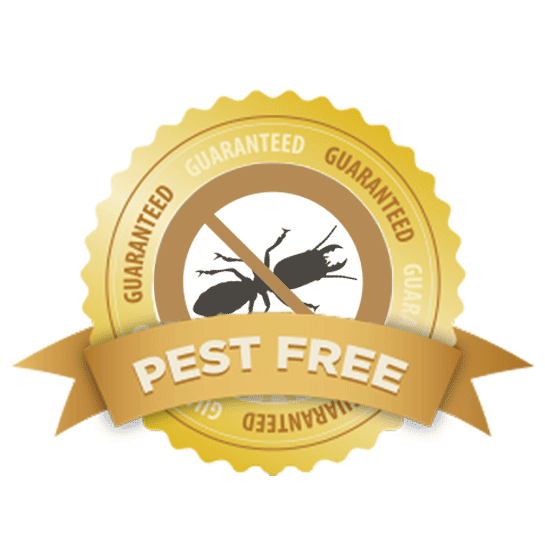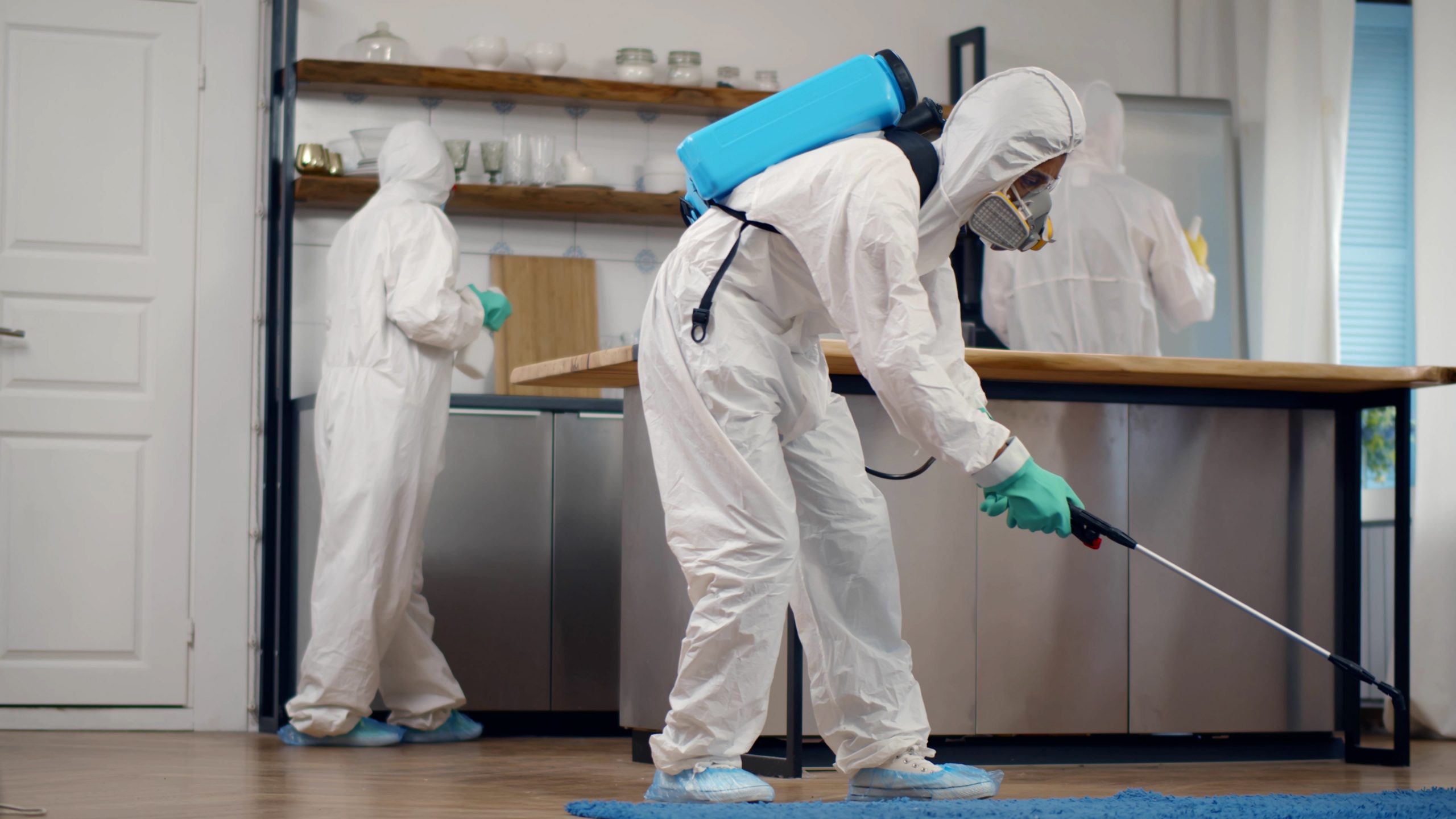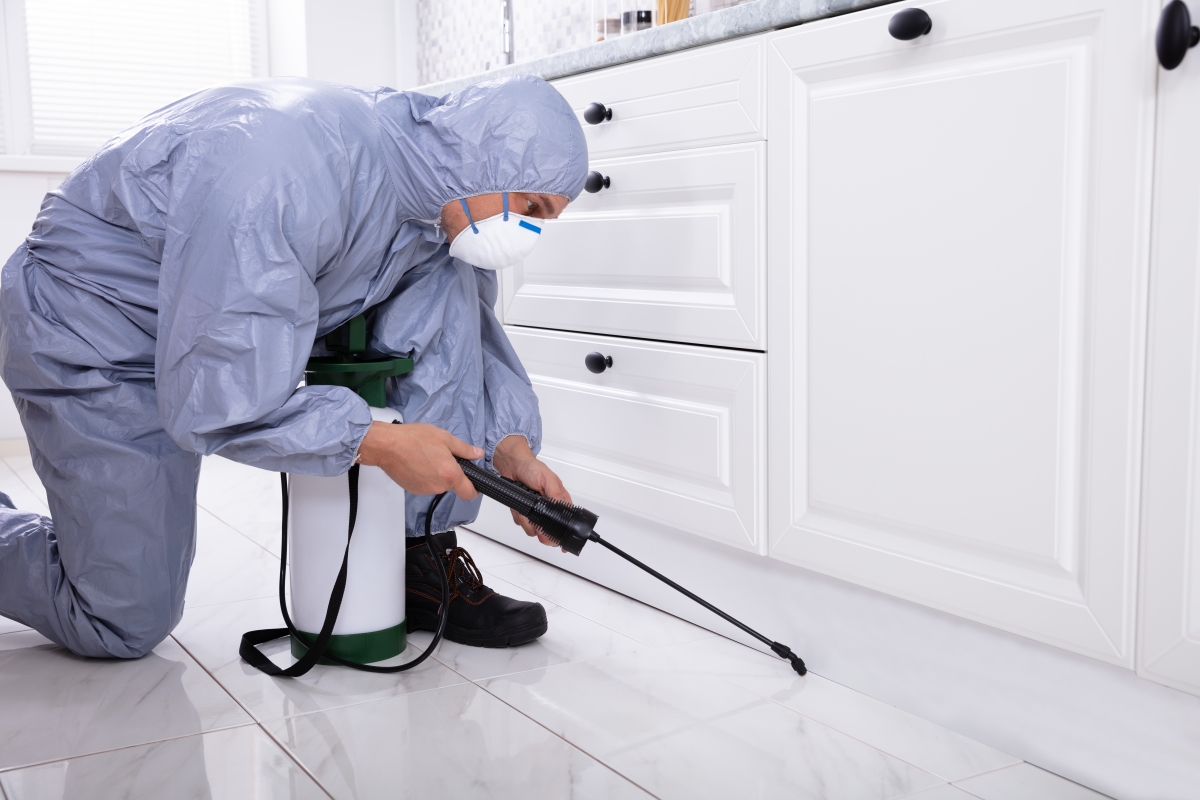Expert Pest Control Service Coquitlam: Protect Your Home from Invaders
Expert Pest Control Service Coquitlam: Protect Your Home from Invaders
Blog Article
Safe and Dependable Bug Control for Lasting Security
Efficient parasite management calls for a multifaceted method that balances environmental stability with the need for effective pest reductions. The subtleties of these methods might not be promptly clear, triggering a better assessment of the methods that can lead to sustainable insect control end results.
Understanding Bug Control Approaches
Bug control incorporates a range of methods targeted at handling and getting rid of undesirable insects and rats that can endanger both health and home. Comprehending these methods is important for efficient bug administration.
The key groups of bug control methods consist of mechanical, biological, and chemical strategies. Mechanical approaches include physical barriers and traps to stop parasite entry and capture unwanted species. For example, using displays on home windows or using sticky catches can dramatically decrease pest populaces without presenting damaging compounds.

Chemical bug control is typically one of the most acknowledged approach, making use of pesticides to get rid of pests. These chemicals can be effective yet need to be utilized with caution to avoid damaging results on non-target varieties and the environment.
Advantages of Eco-Friendly Solutions
How can green services change bug control techniques? The adoption of eco-friendly bug control approaches uses numerous benefits, substantially enhancing the effectiveness and safety of bug monitoring.

Another advantage is the favorable influence on local biodiversity. Eco-friendly options are made to target specific pests while maintaining helpful pests and wildlife, advertising a balanced ecological community. This strategy lines up with the expanding customer need for lasting methods, boosting the reputation of insect control suppliers.
Integrated Bug Management Strategies
The execution of green solutions naturally results in the fostering of Integrated Parasite Administration (IPM) techniques, which even more enhance pest control efficacy. IPM is an all natural technique that combines multiple techniques to take care of insect populaces while minimizing environmental impact. This technique stresses the use of organic, cultural, mechanical, and chemical controls, guaranteeing a balanced and lasting approach of bug monitoring.
One essential aspect of IPM is the thorough evaluation of insect task and ecological conditions. By monitoring bug populations and recognizing their life cycles, practitioners can carry out targeted interventions that interfere with the insect's habitat or lifecycle, minimizing insect control dependence on chemical pesticides. Additionally, social methods such as plant rotation and habitat manipulation can significantly diminish insect facility and recreation.
Another vital part is making use of organic control representatives, such as valuable pests or microorganisms, which can naturally reduce bug populations. When chemical applications are required, IPM prioritizes using low-risk chemicals and uses them precisely, decreasing direct exposure to non-target organisms and people.
Integrating IPM approaches not just improves parasite control efficiency but likewise promotes a much safer environment, straightening with the expanding need for sustainable practices in insect management.
Safe Practices for House Owners
Recognizing the significance of risk-free practices in pest control can equip home owners to effectively manage insect issues while guarding their health and the atmosphere. Implementing non-toxic methods and precautionary procedures is essential in lessening exposure to harmful chemicals.
Property owners should first assess their setting for conditions that bring in insects, such as standing mess, food, and water waste. Consistently cleansing and sealing access factors can prevent pests from attacking the home. Making use of all-natural deterrents, such as important oils or diatomaceous earth, can offer efficient options to chemical pesticides.
When chemical treatments are necessary, property owners ought to choose items that are especially identified as secure for residential use. It is vital to adhere to application guidelines diligently to stay clear of too much exposure. Furthermore, using targeted treatments in areas where parasites are determined, as opposed to blanket splashing, can significantly decrease chemical use.
Last but not least, keeping open interaction with bug control specialists is vital. House owners should inquire concerning the safety of mice products utilized and demand environmentally friendly choices whenever feasible. By adopting these risk-free methods, property owners can produce a healthier living environment while effectively handling parasite problems.

Tips for Long-Term Security
Establishing a parasite monitoring approach that stresses long-term anonymous security can substantially enhance the efficiency of the secure techniques formerly reviewed. To achieve this, homeowners should implement normal evaluations of their property, concentrating on concealed areas such as attic rooms, basements, and crawl areas. Early discovery of insect activity is crucial in avoiding invasions from holding.
These techniques reduce attractants that attract insects right into the home. Sealing access factors, such as splits around doors and windows, can properly block prospective pest access.
Landscape design needs to additionally be thought about; keeping plants trimmed and preserving a range in between vegetation and the home minimizes hiding places for bugs. Using natural deterrents, such as vital oils or diatomaceous earth, can additionally prevent problems without considering severe chemicals.
Lastly, working together with a professional bug control service for routine evaluations can provide an extra layer of safety. These experts can supply tailored suggestions and advanced therapies, making certain that your home remains protected versus parasites in the long-term.
Final Thought
In verdict, safe and trusted bug control requires a complex technique that stresses environment-friendly approaches and incorporated pest monitoring. By applying natural deterrents, conducting routine evaluations, and maintaining correct hygiene, residential or commercial property owners can significantly decrease insect populaces while protecting advantageous pests and the setting. Cooperation with specialist insect control services improves the efficiency of these approaches, guaranteeing customized solutions that supply long lasting security and comfort against future problems.
Efficient insect administration requires a diverse technique that balances environmental honesty with the demand for reliable insect reductions. The adoption of environment-friendly bug control techniques supplies countless advantages, dramatically boosting the performance and safety and security of pest administration.The implementation of green services naturally leads to the adoption of Integrated Parasite Monitoring (IPM) strategies, which additionally enhance bug control efficiency. exterminator coquitlam. By keeping an eye on insect populaces and determining their life cycles, professionals can carry out targeted treatments that interfere with the insect's environment or lifecycle, lowering reliance on chemical pesticides.In final thought, reliable and risk-free pest control needs a multifaceted technique that emphasizes environment-friendly approaches and integrated parasite management
Report this page